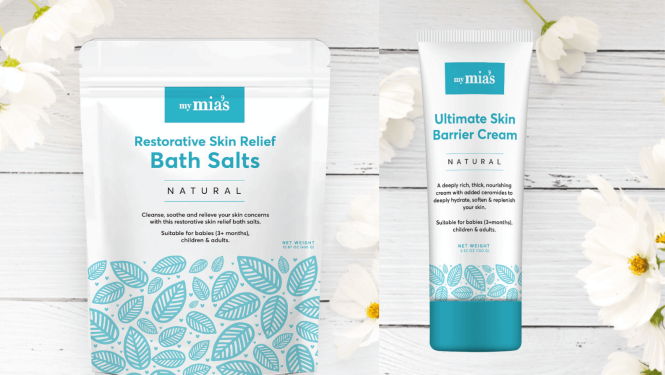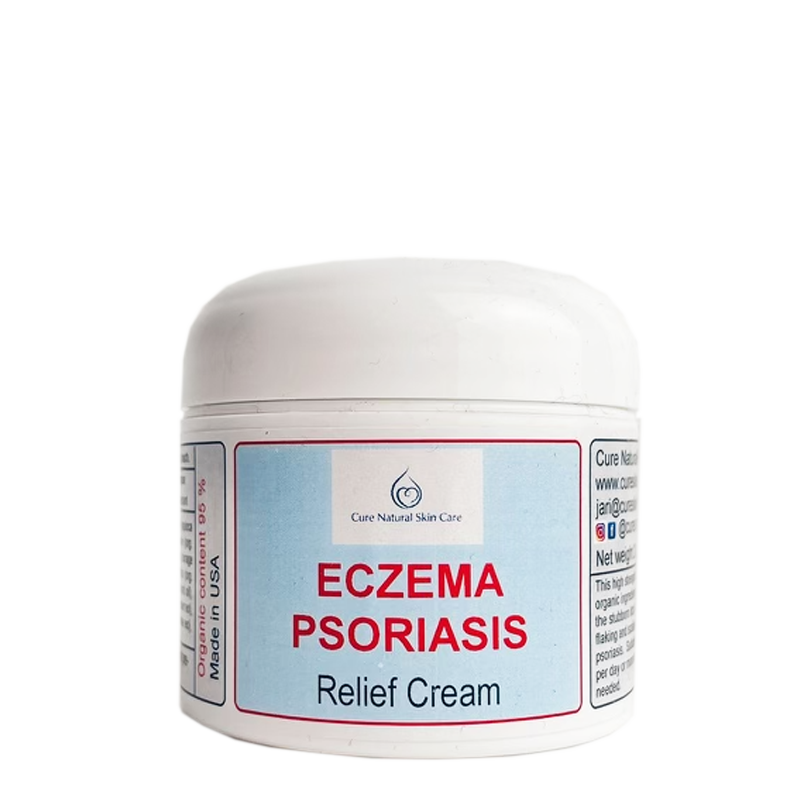

Eczema and Psoriasis Relief: Finding lasting comfort for your skin is possible beyond basic moisturizers. Imagine a life free from the itch, discomfort, and embarrassment of these chronic skin conditions. This comprehensive guide will take you beyond the basics, exploring a range of effective strategies and remedies. We’ll explore various treatments, lifestyle modifications, and potential causes to provide a holistic approach to alleviating symptoms. This guide is structured to help you understand the root causes, learn different treatment options, and discover ways to improve your skin’s health. You’ll uncover the secrets to soothing skin beyond simple moisturizers and take control of your well-being.
Understanding Eczema and Psoriasis
Defining the Conditions
Eczema and psoriasis are chronic inflammatory skin conditions that affect millions worldwide. Eczema, also known as atopic dermatitis, is characterized by dry, itchy, inflamed skin that can appear red, scaly, or cracked. Psoriasis, on the other hand, is marked by red, flaky patches that can be itchy and painful. These conditions are complex and often influenced by a combination of genetic, environmental, and lifestyle factors.
Lifestyle Changes for Improved Skin Health
Dietary Considerations
What you eat can significantly impact your skin health. A balanced diet rich in fruits, vegetables, and healthy fats can support skin barrier function. Studies show that reducing inflammatory foods like processed foods, refined sugars, and saturated fats may help to reduce skin irritation. Avoiding common allergens such as dairy products, gluten, and soy can also help some people. Food sensitivities play a significant role for some people with skin conditions. For example, a dairy-free or gluten-free diet has proven beneficial for some individuals.
Exploring Topical Treatments
Beyond Moisturizers
Moisturizers are essential in managing both eczema and psoriasis, but effective relief often requires more than just basic hydration. Corticosteroids are potent topical treatments that effectively reduce inflammation. However, their long-term use can lead to skin thinning and other side effects. Other potent topical treatments include calcineurin inhibitors and retinoids, which target the underlying inflammation of the skin. Always consult with a healthcare professional before using these potent topical treatments. A dermatologist can help determine the best course of action to control your symptoms while minimizing risks.
The Role of Stress Management
Connection Between Mind and Skin
Stress plays a significant role in the manifestation and severity of both eczema and psoriasis. Stress hormones can trigger inflammation, making skin conditions worse. Practicing stress-reduction techniques, such as meditation, yoga, and deep breathing exercises, can help manage symptoms. Regular exercise is also beneficial for improving mood, reducing stress levels, and supporting overall health, including skin health.
Seeking Professional Guidance
Consulting a Dermatologist
A dermatologist is a medical doctor specializing in skin conditions. They can provide accurate diagnoses, personalized treatment plans, and ongoing support. A dermatologist can accurately identify the underlying causes and recommend tailored solutions for managing eczema or psoriasis. Early diagnosis and proper management can significantly improve long-term outcomes and quality of life.
Effective Home Remedies
Natural Approaches
Natural remedies and home care practices can complement traditional treatments in managing eczema and psoriasis. Some people find relief through oatmeal baths, colloidal oatmeal, and aloe vera. However, these methods don’t always work, and they can be more effective when used in conjunction with other treatments. Always be aware of the ingredients in your home remedies and talk to your dermatologist if you have concerns.
Importance of a Consistent Skin Care Routine
Maintaining Skin Barrier Function
Maintaining a consistent skin care routine is essential for managing both eczema and psoriasis. Using gentle, hypoallergenic products, avoiding harsh soaps and detergents, and moisturizing regularly can help maintain healthy skin and prevent flare-ups. Choosing products designed to soothe and support your specific skin type is also crucial.
Additional Tips for Managing Flare-Ups
Keeping Skin Hydrated
Proper hydration is essential for preventing and managing flare-ups of eczema and psoriasis. Drinking plenty of water keeps the skin hydrated from the inside out. This can help maintain skin barrier function and prevent dry, itchy patches.
The Role of Sun Exposure
Balancing Sun Protection
Sunlight can affect skin conditions, but it is often essential for vitamin D synthesis. Consult a dermatologist for guidance on sun exposure to minimize irritation while maintaining necessary vitamin D levels. Balancing sun protection with exposure to sunshine is key.
Frequently Asked Questions
What are the most common triggers for eczema flares?
Several factors can trigger eczema flares, including stress, allergies, and certain foods. Contact with irritants, such as harsh soaps or detergents, can also exacerbate symptoms. Understanding your personal triggers is crucial for managing your condition effectively. Keeping a journal can help you identify patterns in your eczema flare-ups.
In conclusion, finding relief from eczema and psoriasis goes beyond basic moisturizers. A holistic approach that considers lifestyle, diet, and targeted treatments is crucial for long-term management. This article has provided a comprehensive overview of potential solutions. For personalized advice, consult a dermatologist or healthcare professional. You can also try our recommended products, designed to soothe inflamed skin and alleviate symptoms. Let us know in the comments below what steps you plan to take.